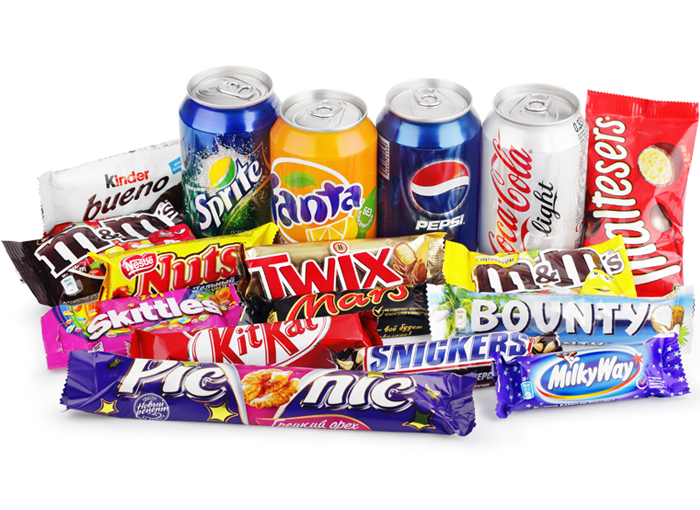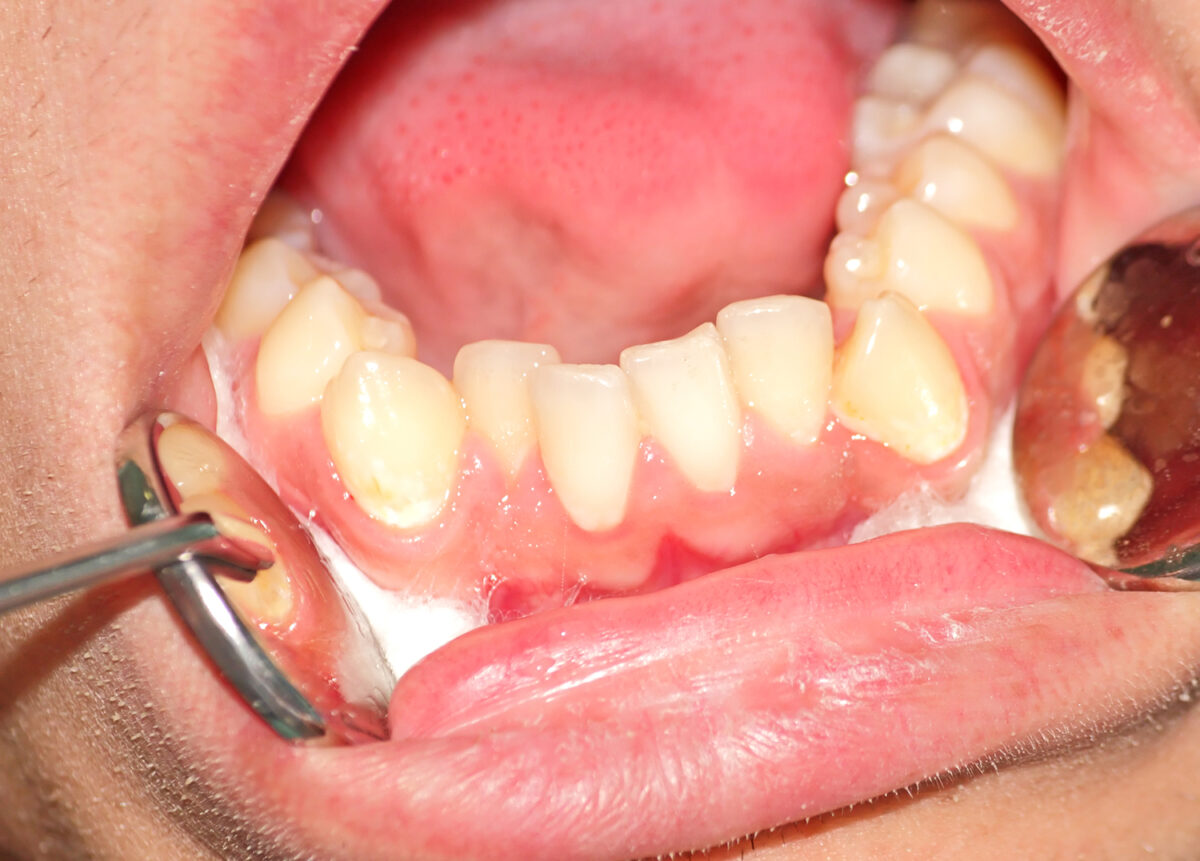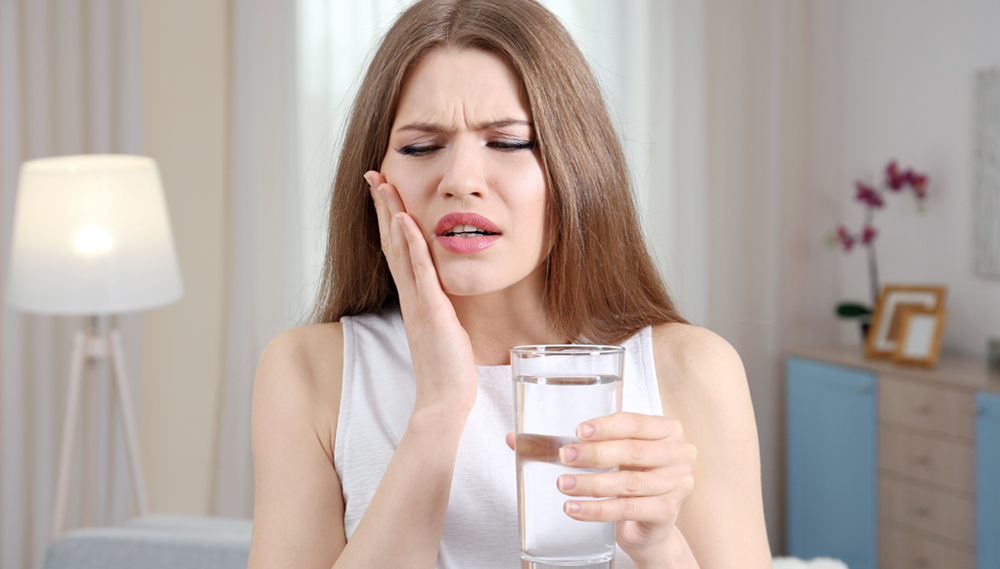Are you struggling to choose the right food, or are you confused about the parameters for selecting the food and drinks? Well, your diet is the deciding factor for your dental health, thus a significant contributor to your overall well-being. Knowing the do’s and don’ts regarding the food make the task of maintaining the health of teeth easier. Below are few foods that can be harmful to the enamel, if taken into excessive amounts.
Acidic food
The foods with low ph ratings can make a disaster in your mouth if consumed excessively with no precaution. How? Acids from any source, in the form of food or converted from sugars, erodes the teeth enamel, leading to decay. Not only this but if the enamel turns weak, many problems may happen to you, including tooth sensitivity and discoloration.
Examples of such highly acidic foods include pickle, lemon, alcohol, coffee, etc.
Foods with high sugar
This is a common one. Almost everyone knows that too much sugar can harm the enamel. But what is the exact reason and process? Now, sugars are the best thing for the bacteria to feed upon. They create acids from these sugars and then pave the way for cavity formation.
Even though the sugar is so harmful to the teeth, you cannot eliminate them from your diet. However, you can minimize their amount to an extent. Together with this, you can at least make sure that the sugar does not stay in your mouth for long. For this, brush your teeth after the meals and drink a lot of water.
Examples of food high in sugar include soft drinks, candies, dry fruits, jams, etc.
Food that sticks to the teeth and gums
The extended presence of the food can offer a home to bacteria’s. This is so because they will be releasing the acids for a longer time. Thus, you need to ensure you floss your teeth after you have any food, especially the sticky ones.
Starchy foods, for the same reason, are supposed to pose threats. Examples include potato chips, bread, corn chips, etc.
Foods drying your mouth
An important fact is that your saliva is the best remedy against oral health issues as saliva stops food from sticking to the teeth. So, any reduction in the saliva will lead to increments in decays and cavities. Now, the foods and drinks that dry your mouth are sure to invite problems. Avoid consuming them. Examples include alcohol, coffee, energy drink, etc.
Hard to chew foods
Though the enamel is the hardest substance in the body, it will weaken, if you chew hard materials regularly. Hence, eating the hard elements like ice, unpopped popcorn, etc. can invite problems like cracks, chipping off your teeth and much more.
Your teeth are assets for you. Healthy teeth will not only assist you in eating and chewing but also offer you beautiful smiles and looks, boosting your confidence. Thus before picking anything to eat or drink next time, do consider the consequences, only then proceed!
Book Appointment to find out which treatment might be best for you.



